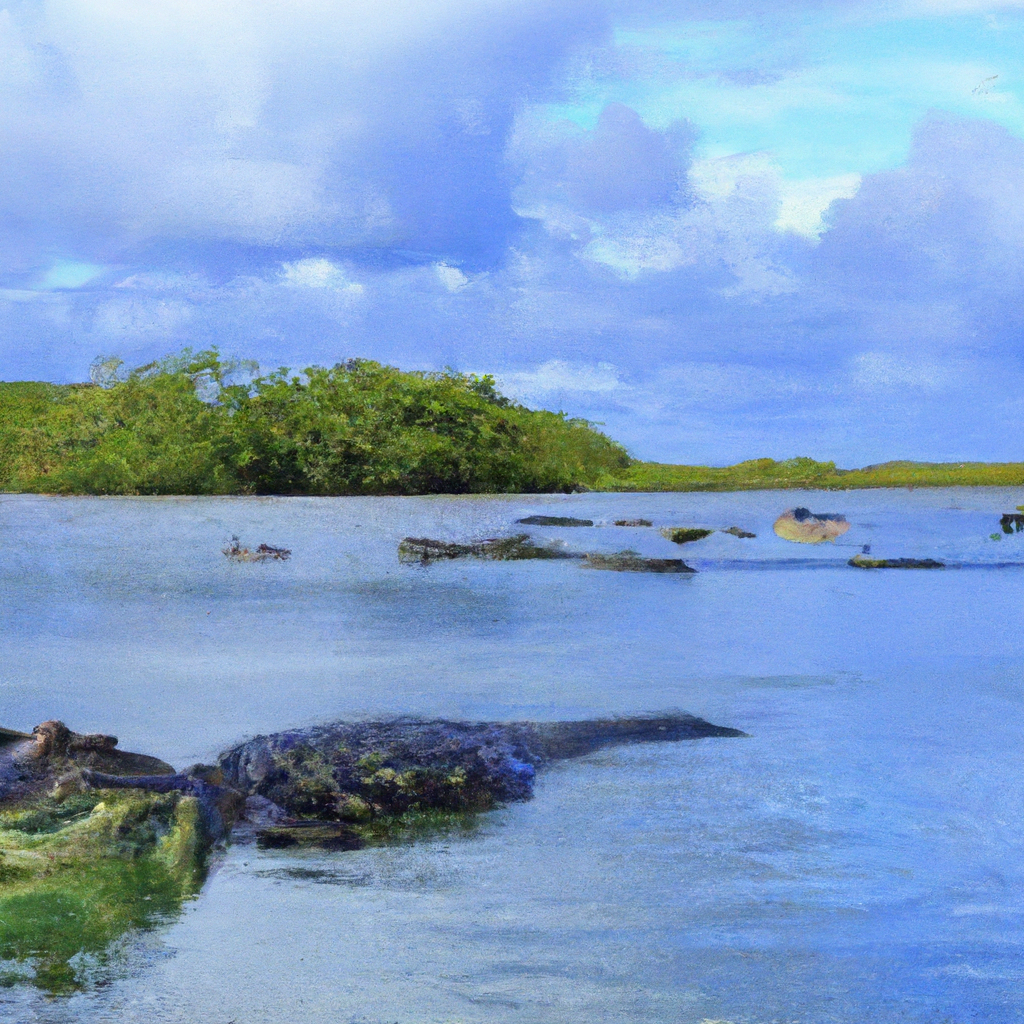Suriname, a captivating country located on the northeastern coast of South America, offers visitors a wealth of breathtaking natural landscapes, vibrant cultural experiences, and a unique blend of indigenous and Dutch influences. As you embark on your adventure to this enchanting destination, it is essential to be well-informed about the medical facilities and healthcare available to you. This guide aims to provide you with an overview of the medical services in Suriname, ensuring that you can enjoy your journey with peace of mind, knowing that your health is in good hands.
Medical Facilities and Healthcare in Suriname: A Guide for Tourists
Suriname, a hidden gem in South America, offers an enriching experience for tourists with its rich cultural heritage and stunning natural beauty. As you embark on your adventure in this vibrant country, it is essential to be aware of the medical facilities and healthcare system available to ensure a safe and worry-free trip. In this guide, we will provide you with a comprehensive overview of the healthcare system in Suriname, including access to medical facilities, public vs. private healthcare, medical insurance and costs, common health issues, vaccinations and precautions, emergency services, pharmacies and medications, as well as the language barrier and translation services.

General Overview of Healthcare in Suriname
Suriname takes pride in its healthcare system, which is continuously evolving to meet international standards. The country offers a network of medical facilities, including hospitals, clinics, and healthcare centers, both in urban areas and more remote regions. These facilities are staffed by skilled medical professionals who are capable of providing quality care to both locals and tourists alike.
Access to Medical Facilities
Access to medical facilities in Suriname is generally straightforward, especially in the capital city, Paramaribo, where the majority of the country’s medical facilities are concentrated. In rural areas, however, access to medical facilities may be more limited, and it is advisable to plan ahead and be aware of the nearest medical facility in case of emergencies during your travels.
Surinamese Healthcare System
Suriname’s healthcare system is a mix of public and private providers. The Ministry of Health oversees the public healthcare system, which is accessible to all Surinamese citizens and legal residents. Public healthcare facilities offer services at subsidized rates or for free, ensuring that everyone has access to essential medical care.
Public vs. Private Healthcare
While the public healthcare system is reliable and cost-effective, some tourists may prefer private healthcare facilities for a variety of reasons, including shorter wait times and more personalized care. Private healthcare facilities in Suriname are known for their high standards and a wide range of services. However, it is important to note that private healthcare can be more expensive, and not all medical services may be covered by travel insurance.

Medical Insurance and Costs
It is crucial to have comprehensive travel insurance that covers medical expenses during your stay in Suriname. Medical costs can vary depending on the type of treatment required, the medical facility, and whether it is a public or private provider. Be sure to check with your insurance provider to understand what services are covered and if any additional fees may apply.
Common Health Issues in Suriname
While Suriname boasts a relatively healthy population, there are a few common health issues that tourists should be aware of. These include insect-borne diseases such as dengue fever, malaria, and Zika virus. It is recommended to take necessary precautions, such as using insect repellents and wearing protective clothing, especially when visiting rural areas or during peak mosquito seasons.
Vaccinations and Precautions
Before traveling to Suriname, it is essential to consult with your healthcare provider or a travel medicine specialist to ensure you are up to date on routine vaccinations. Additionally, certain vaccinations, such as yellow fever and typhoid, may be required for entry into Suriname. It is crucial to carry proof of vaccination, such as an International Certificate of Vaccination or Prophylaxis, to avoid any complications during your trip.
Emergency Services
In case of a medical emergency, Suriname has a reliable emergency service system. The emergency number to call for immediate medical assistance is 115. Paramaribo has several well-equipped hospitals that can handle emergencies, including the Academic Hospital Paramaribo and the Regional Hospital Dr. L. Mungra in Nickerie.
Pharmacies and Medications
Pharmacies in Suriname are generally well-stocked with a wide range of medications. You can find pharmacies in both urban and rural areas, ensuring easy access to necessary medications throughout your trip. However, it is advisable to carry a sufficient supply of any prescription medications you may require, as brand names and availability may differ from your home country.
Language Barrier and Translation Services
While English is widely spoken in Suriname, especially in urban areas, there may still be situations where a language barrier can pose difficulties, particularly when seeking medical care. It is advisable to have a basic understanding of the local language, Dutch, or carry a translation tool or phrasebook to help communicate your medical needs effectively.
Conclusion
Suriname offers a vibrant and enriching experience for tourists, and with a little preparation and knowledge of the healthcare system, you can ensure a safe and enjoyable trip. From access to medical facilities and understanding the healthcare system to taking necessary precautions and being aware of emergency services, this guide equips you with the essential information needed to navigate the medical landscape in Suriname. Prioritizing your health and well-being ensures that you can fully immerse yourself in the wonders that Suriname has to offer.
